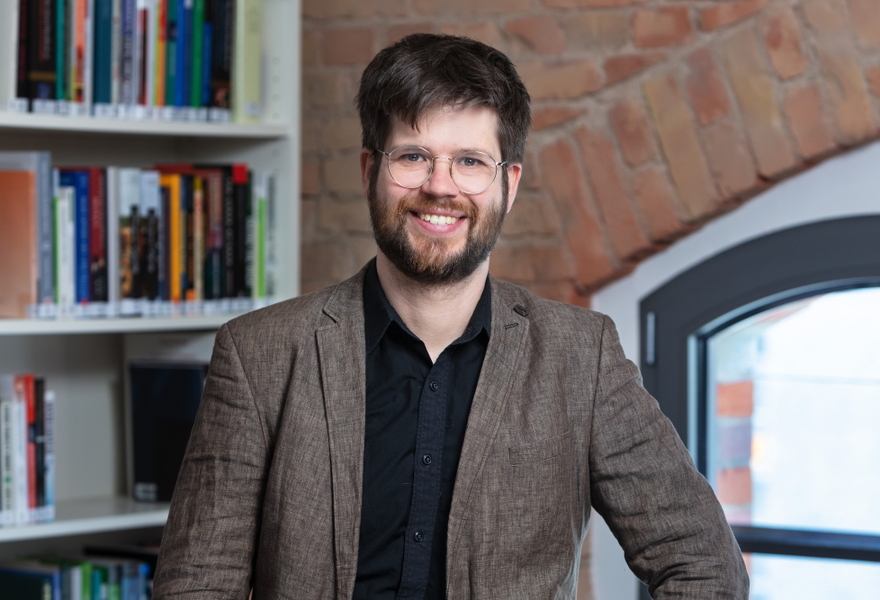MCC researcher Jan Steckel appointed professor
Germany's first chair of climate and development economics in Cottbus. Institute Director Ottmar Edenhofer: this is a milestone in our cooperation with universities.
Climate economist Jan Steckel, who has been head of the working group Climate and Development at the Berlin-based climate research institute MCC (Mercator Research Institute on Global Commons and Climate Change) since 2014, is now also a professor at the Brandenburg University of Technology (BTU) Cottbus-Senftenberg. Today, Steckel took over the university’s newly established Chair of Climate and Development Economics – the first in Germany to explicitly combine these two fields of economic research. The appointment is the core of a more extensive cooperation between MCC and the university.
"We are very pleased about this nomination by Cottbus – it underlines the excellence of our institute's research on climate solutions and on the governance of global commons in general," explains MCC Director Ottmar Edenhofer, professor at the Technische Universität (TU) Berlin. "The professorship for Mr Steckel is another milestone in our targeted strategy of cooperating with various universities and complementing our research with teaching." Within MCC, at group leader level, professorships are also held by Felix Creutzig (TU Berlin), Sabine Fuss (Humboldt-Universität zu Berlin), Matthias Kalkuhl (University of Potsdam), and Jan Minx (University of Leeds).
Jan Steckel studied industrial engineering with a focus on energy and environmental management in Flensburg, Rennes, and Ottawa, and received a PhD in economics in Berlin. He has led research projects at the TU Berlin and the Potsdam Institute for Climate Impact Research, has contributed in a leading role to reports of the Intergovernmental Panel on Climate Change (IPCC) and the United Nations Environment Programme (UNEP), and is a member of the global research network Environment for Development (EfD). Steckel is an expert on climate policy in countries of the Global South where he is involved in numerous research and advisory projects with his MCC team. These focus on the ability of poorer countries to reduce their greenhouse gas emissions and build and convert their energy systems to be climate neutral.
"It is a great honour for me to join the very innovative and multi-awarded BTU Cottbus," says Steckel. "The design of the chair underlines the importance of development issues in international climate protection. Cottbus itself is an extremely interesting location. The experience gained here with the phase-out of lignite is also relevant for countries that are just setting up their energy systems and, in some cases, still relying on coal-fired power plants."






